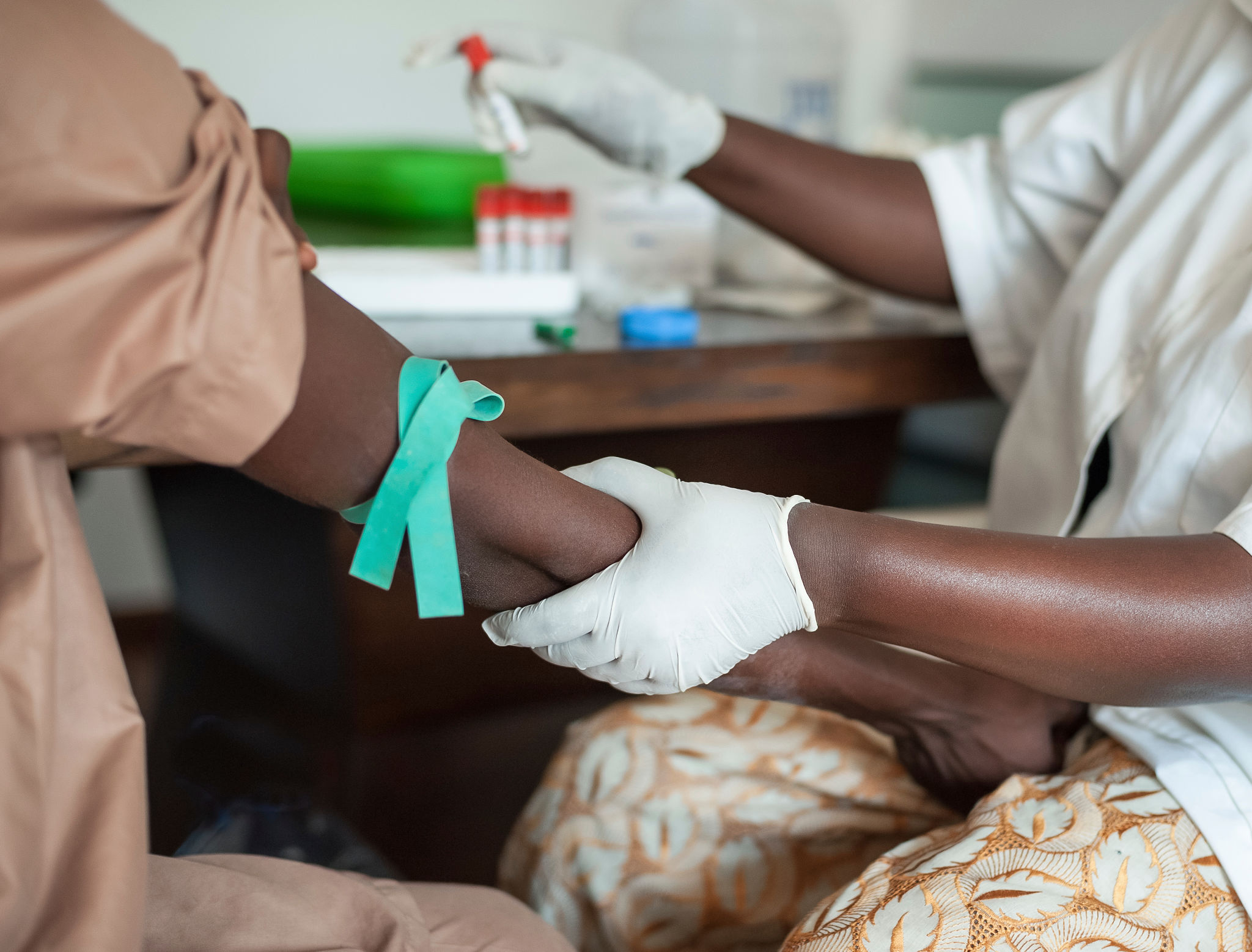Understanding the Impact of Climate Change on African Public Health
PH
Introduction to Climate Change and Public Health
Climate change is an escalating global challenge that significantly impacts public health, especially in Africa. The continent is particularly vulnerable due to its geographical characteristics and limited adaptive capacity. Understanding how climate change affects public health in Africa is crucial for developing effective mitigation strategies.
Africa's diverse ecosystems and economies are already under stress from climate variability. The additional pressures from climate change exacerbate these issues, leading to severe public health implications. Addressing these challenges requires a comprehensive understanding of the interconnected nature of climate and health.

Health Risks Associated with Climate Change
Vector-borne Diseases
One of the most direct impacts of climate change on public health in Africa is the spread of vector-borne diseases such as malaria and dengue fever. Rising temperatures and changing precipitation patterns create favorable conditions for the proliferation of mosquitoes and other disease vectors, increasing infection rates.
Food Insecurity and Malnutrition
Climate change affects agricultural productivity through increased frequency of droughts, floods, and unpredictable weather patterns. These disruptions lead to food shortages, resulting in malnutrition and heightened vulnerability to diseases. Children and pregnant women are particularly at risk, with long-term consequences for their health and development.

Water Scarcity and Sanitation Challenges
Water scarcity is a growing problem in many African regions due to reduced rainfall and increased evaporation rates. This scarcity not only limits access to clean drinking water but also affects sanitation, leading to outbreaks of waterborne diseases such as cholera.
Improving water management and infrastructure is essential to address these challenges. Investment in sustainable water systems can help communities adapt to changing conditions and improve overall public health outcomes.

Urbanization and Air Quality
Rapid urbanization in response to climate-induced displacement exacerbates air quality issues in African cities. Increased emissions from vehicles and industries, combined with dust from construction activities, contribute to respiratory diseases and other health problems.
Implementing green urban planning and promoting clean energy solutions are vital steps in mitigating these impacts. Encouraging the use of public transportation and developing green spaces can also help improve air quality.
Mitigation and Adaptation Strategies
Addressing the health impacts of climate change in Africa requires a multifaceted approach that includes both mitigation and adaptation strategies. Governments, communities, and international organizations must collaborate to build resilient healthcare systems capable of responding to climate-related health threats.
Some effective strategies include:
- Investing in early warning systems for disease outbreaks.
- Enhancing healthcare infrastructure in vulnerable regions.
- Promoting sustainable agricultural practices.
- Raising awareness about climate change impacts on health.

Conclusion
The impact of climate change on African public health is profound and complex, affecting numerous aspects of daily life. By understanding these impacts, stakeholders can develop targeted strategies to mitigate risks and improve resilience. The time to act is now, as proactive measures can significantly reduce future health burdens associated with climate change.